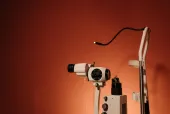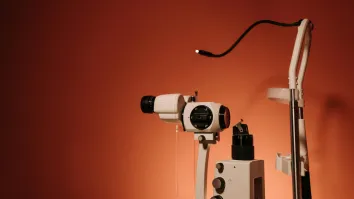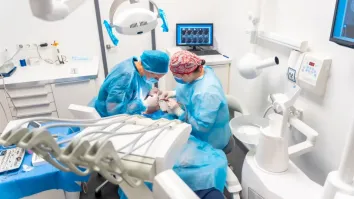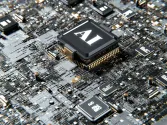
Restoring memories: Breakthroughs in treating dementia
Latest discoveries revealed at 4th Asia Summit on Global Health give patients hope.
LOSS of factual memory, speech and one’s identity is the sad progression of dementia, a condition now spreading through the global population. The good news is that there have been developments in the medical field to help experts look into possible solutions to cure it.
“We know a huge amount about dementia now. And it’s become very exciting just recently, because of the latest developments,” Michael Hanna, director of UCL Queen Square Institute of Neurology at the University College London, said at the 4th Asia Summit on Global Health (ASGH) on 16 May.
Medications being developed
An accumulation of protein aggregates called amyloid in the brain is believed to be one of the causes of dementia. Treatments currently being tested target this protein to cure a patient, Hanna said.
The expert said one of the existing anti-amyloid treatments is several sessions of injecting an antibody to the brain.
Another approach being studied is vaccination so the patient generates antibodies that continually remove amyloid from the brain, he said.
This treatment is still under experimental phase, the expert noted.
Importance of early detection
Whilst millions suffer from dementia worldwide and is common amongst the elderly, Hanna emphasised that this is “not an inevitable consequence of aging” and that “normal ageing should not include dementia.”
This is where early detection becomes vital since treatments will only work if done early, the expert noted.
Hanna said there have been drug trials that showed a slowdown in the progression of dementia. However, patients involved were already exhibiting symptoms, which means they have lost millions of neurons.
“So the power of these blood tests is to try and detect those people who really have a preclinical stage,” he said. “Preclinical stage will have a much bigger effect if you actually try to prevent the neurons from dying in the first place.”
Through innovation, Hanna believes that blood biomarkers will soon be developed to predict the onset of dementia.
Hanna also noted that there are already 12 recognised risk factors associated with the possible development of dementia. These include hypertension, diabetes, and lack of exercise.
Researchers have also discovered different proteins that showed a pattern that could help predict the development of Alzheimer’s disease (AD), he noted.
Other developments
To help those affected by diseases like Parkinson’s, some companies have developed products that would help ease their everyday life.
This includes a wheelchair that transforms into a rollator to help patients when they exercise.
Some organisations are also continuously researching dementia.
From the Hong Kong Centre for Neurodegenerative Diseases, a recent study looked into using blood transcriptome analysis for AD diagnosis and patient stratification.
The researchers said their analysis of the blood transcriptome in AD patients revealed “key molecular phenotypes, including genes, modules, pathways, and subtypes of blood cells, that may be closely associated with AD pathogenesis and progression.”
“Given the ease of blood sampling, blood transcriptome analysis could provide insights into human diseases, aiding the development of technologies for disease diagnosis, monitoring, and patient stratification. This could ultimately facilitate both early intervention and precision medicine for AD and other human diseases,” the study said.
The health summit is a flagship event of the International Healthcare Week (IHW), organised by the Hong Kong Trade Development Council (HKTDC). It rolled out the theme “Innovation. Inclusion. Impact.” and attracted about 80 global leaders in healthcare.
These included business executives, investors, international research and medical experts and health officials, who discussed various industry issues, such as medical and healthcare innovations, healthcare development in China and healthcare investment prospects.



















 Advertise
Advertise





